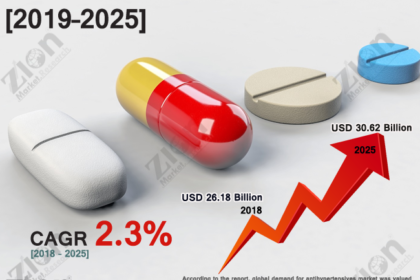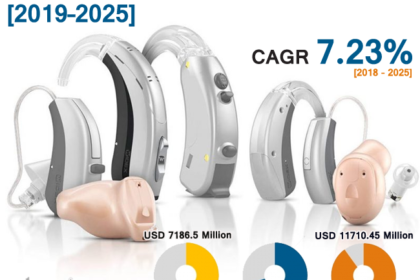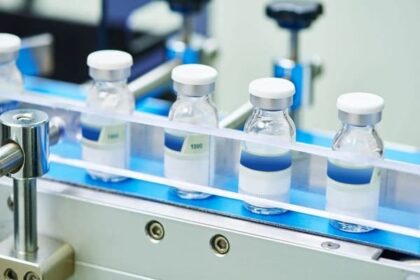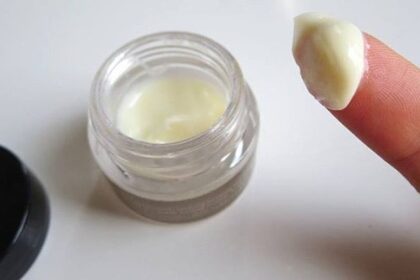Zion Market Research has published a new report titled “Research Antibodies Market by Product (Reagents and Antibodies); by Technology (Enzyme-linked Immunosorbent Assay, Flow Cytometry, Immunohistochemistry, Immunoprecipitation, Immunofluorescence, Western Blotting and Others); by Application (Genomics, Drug Development, Proteomics and Other Applications), for Contract Research Organizations, Academic & Research Institutes and Pharmaceutical & Biotechnological Companies: Global Industry Perspective, Comprehensive Analysis and Forecast, 2018 – 2025”. According to the report, global demand for research antibodies market was valued at approximately USD 9.74 billion in 2018, and is expected to generate revenue of around USD 13.91 billion by end of 2025, growing at a CAGR of around 5.4% between 2019 and 2025.
Antibodies also commonly known as immunoglobulins are proteins produced by immune system’s B cells. The antibodies recognize are important in recognition of foreign substances or antigens. Antibodies recognize and bind to epitope region of antigens or foreign substances and flag them for destruction. Antibodies are important in immune defense and protect our body from foreign invasion. Recombinant DNA technology allows construction of the antibodies in laboratory. The precise ability of immunoglobulin molecules to recognize and bind to specific sequence or molecular structure makes them ideal tool for protein function studies and cell research for isolation of molecule of interest.
The growth of research antibodies market is fueled by various factors such as growing activities on cell based research and development, genomics and proteomics research for novel protein therapeutics development, growing acceptance of personalized medicine, growing emphasis on new biomarker development, rising collaborations between academic institutes and industries etc. However, high cost of development and time consuming antibody development method are major factors that are expected to impede the market growth in the coming years along with quality concerns. Growing biopharmaceutical industry and increasing R&D spending in emerging markets are factors expected to open new growth avenues for major research antibodies manufacturers.
The research antibodies market is segmented based on technology, product, end user, application and region. Based on product, market is segmented into reagents and antibodies. In 2018, market was dominated by the reagents segment whereas antibodies segment is projected to register fastest growth over the forecast period. Large share is attributed to frequent and large volume usage of reagents for routine lab assays. Growing use of antibodies for various application areas like stem cell research, oncology, infectious diseases, immunology, etc. is projected to help register rapid growth in the coming years. Based on type antibodies product segment is categorized into secondary and primary antibodies. Based on source antibodies product segment is categorized into rabbit, mouse and others. Based on research applications antibodies product segment is categorized into infectious diseases, oncology, immunology and other applications.
Based on technology, global research antibodies market is segmented into enzyme-linked immunosorbent assay (ELISA), immunohistochemistry, flow cytometry, immunofluorescence, immunoprecipitation, western blotting and others. In 2018, western blotting technology segment held largest market share. This is due to wide use of western blotting technology across the globe due to its ability to quantify as low as 0.1 nanogram level. Fastest growth is projected for enzyme-linked immunosorbent assay technique over the forecast period.
Proteomics, drug development, genomics, and other applications constitute the application segment of global research antibodies market. Proteomics application segment was leading application segment in 2018 due to the growing demand for proteomic based approaches in biomarker selection and cancer profiling, increasing government grants for proteomics research and increasing R&D expenditure.
Contract research organizations, academic & research institutes and pharmaceutical & biotechnological companies are end users of the market. Pharmaceutical & biotechnological companies held largest revenue share in 2018 for research antibodies market. This is due to increasing R&D activities for development of novel therapeutics, drug discovery and development process, and availability of funds.
At regional level, North America dominated the market in 2018 owing to presence of developed R&D infrastructure, presence of major manufacturers, increasing demand for personalized medicine, availability of funds, increasing chronic disease burden and technological advancements in immunology and proteomics research. Europe was second leading market. Availability of developed infrastructure and budgets, growing R&D expenditure for drug discovery and development services are factors propelling market growth in this region. Latin America is anticipated to exhibit modest growth in the coming years. Asia Pacific region is estimated to be rapidly growing regional market for research antibodies. Booming pharmaceutical and biopharmaceutical industry the emerging economies like India and China, widespread presence of CROs, government initiatives to promote proteomics research are factors expected to boost market growth in this region. Middle East and Africa is estimated to grow at considerably slower growth as compared to other regions due to lack of infrastructure and funds.
Major players included in the report are Thermo Fisher Scientific, Inc., Merck Group, Bio-Rad Laboratories, Inc., Abcam plc, F. Hoffmann-La Roche Ltd, Cell Signaling Technology, Inc., Agilent Technologies, Inc., Danaher Corporation, GenScript, PerkinElmer, Inc., Lonza, Becton, BioLegend, Inc. and Dickinson and Company among others.





